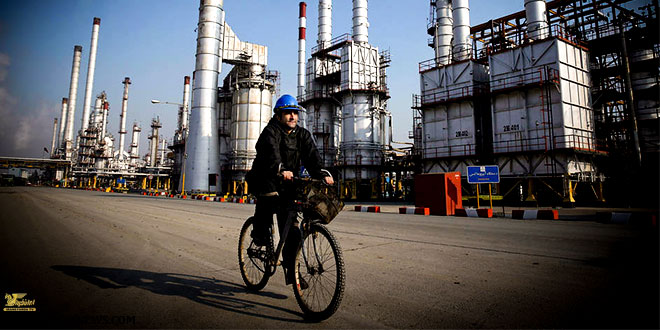By: Richard Nephew 2 July 2015
For one, oil money ain’t what it used to be. And second, Tehran has bigger problems to deal with at home.

As negotiators close in on a nuclear deal with Iran, there’s been a corresponding uptick in ominous expectations about how Tehran could use the potential rush of funds from sanctions relief to prey on its weak neighbors and secure regional hegemony. U.S. lawmakers like Sen. Mark Kirk(R-Ill.) and lobbying outfits like the Foundation for Defense of Democraciesargue that once the sanctions are gone, Iran will stop at nothing to support groups like Hezbollah or Hamas, as it has in recent decades.
These fears are wildly overblown. Iran’s domestic economic needs are real, as is Iranian President Hassan Rouhani’s imperative to deliver on the promises that got him elected and proceed with the talks. To ensure the stability of their government, Iran’s leaders must tend to the problems at home and make the investments necessary to sustain their future. Supporting Syrian President Bashar al-Assad and other regional actors is an important, but secondary, objective.
 khalijefars News, Blogs, Art and Community
khalijefars News, Blogs, Art and Community








